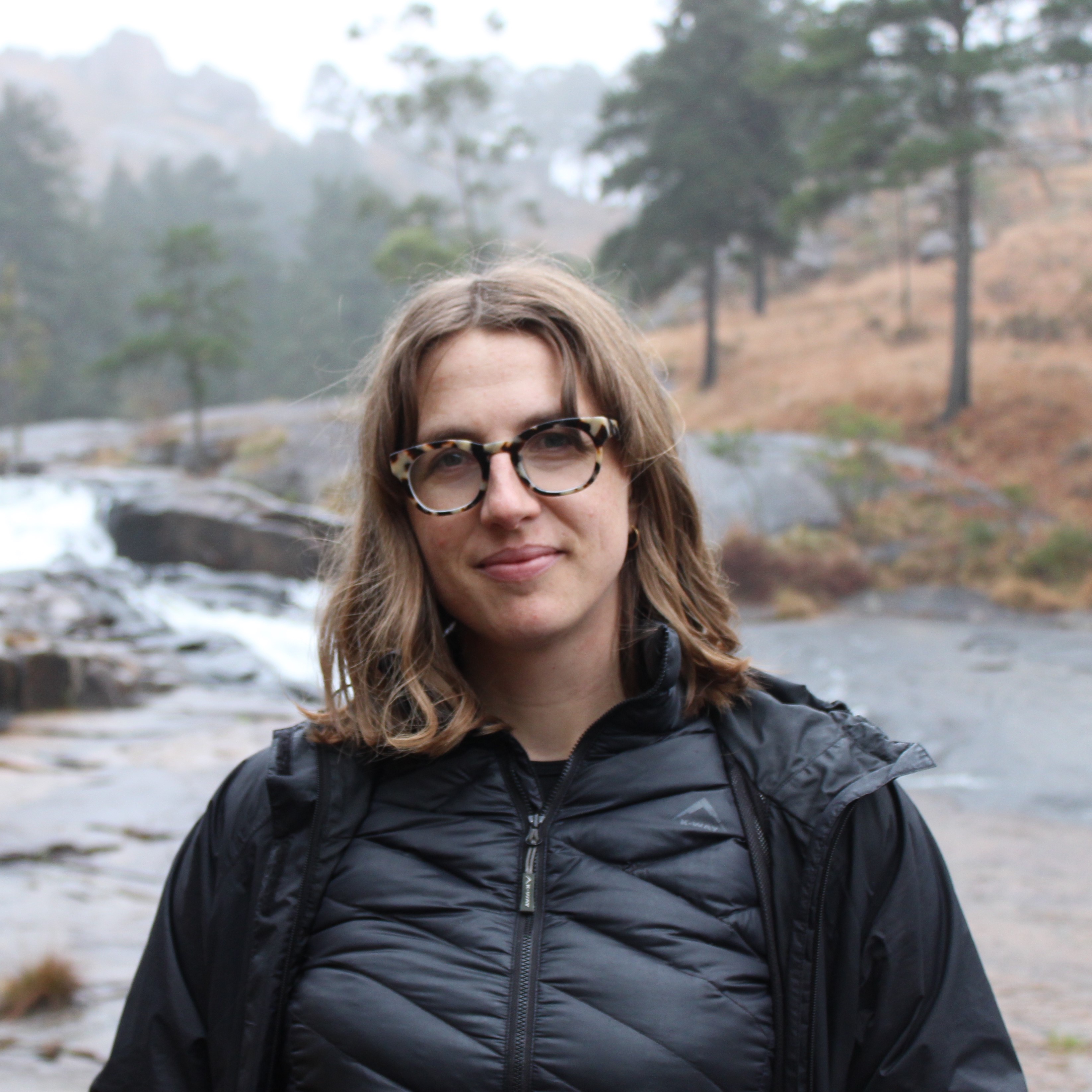Anjuli WebsterGraduate Student
I have trained and taught in history and anthropology in South Africa, Tanzania, and the United States. My research and teaching explore world-historical transformations in southern Africa between 1700-1900, sounding out the relationships between empire, ecology, and sovereignty.
I am currently finishing my dissertation, which traces intertwined histories of environment and empire in southern Africa over the nineteenth century, with a particular focus on water. I ask how coastal, riverine, and built water scapes shaped the human history of a region that is bordered by ocean, brimming with small rivers, and yet prone to drought. Using archival sources, indigenous oral traditions, and archaeological and meteorological data, I examine the complex ways water was claimed, contested, managed, and remade by African communities and kingdoms, English and Portuguese sailors, slavers, colonial officials, colonists, and engineers, and Dutch-speaking voortrekkers. Nineteenth century dispossession and enclosure not only undermined the ecological sovereignty of indigenous peoples in the region, but also proved detrimental to historic modes of responding to and managing environmental change and crisis.
The research for this project has been supported by the NISS, American Society for Environmental History, Harvard Centre for History and Economics, the Luso-American Development Foundation, and Emory's 'Visions of Slavery' Mellon Sawyer Seminar.
Education
- B.A. University of Pretoria
- MA. University of Dar es Salaam
- M.A. University of Witwatersrand
Research Interests
Southern Africa
Empire
Environment
Water
Sovereignty
Dissertation
"Arid Waters: Environment and Sovereignty in Southern Africa, 1700-1980"
